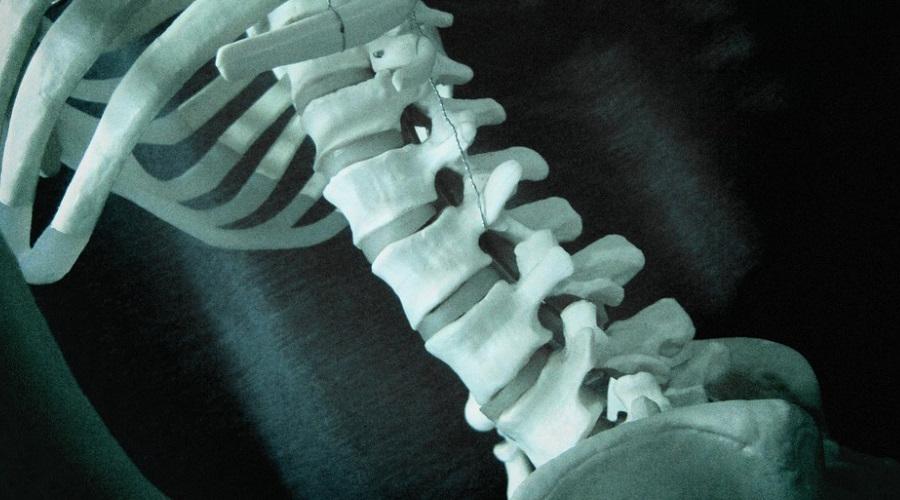Sandoz files biosimilar of Amgen osteoporosis drug in US

Novartis' soon-to-be-divested Sandoz unit has filed its proposed biosimilar of Amgen's osteoporosis therapy Prolia/Xgeva with the FDA, saying it is "among the first" to file for approval of a copycat version of the blockbuster drug.
Patent protection for the active ingredient in the products – RANKL inhibitor denosumab – is due to come to an end in the US in 2025, but has already expired in some European markets, with the exception of France, Italy, Spain, and the UK.
Sandoz said its application covers all the indications on the Prolia and Xgeva labels, including osteoporosis in postmenopausal women and in men at increased risk of fractures, treatment-induced bone loss, prevention of skeletal complications in cancer that has spread to the bone, giant cell tumours of the bone, and treatment of hypercalcaemia caused by cancer that doesn't respond to bisphosphonate therapy.
First approved in 2010, RANK ligand (RANKL) inhibitor Prolia remains an important drug for Amgen. The company recorded sales of $3.6 billion for the drug in 2022, including nearly $2.5 billion from the US market.
It also recorded another $2 billion from Xgeva – a higher-dose denosumab-based product used to treat tumours that have spread to the bone, as well as cancer-related hypercalcaemia – with more than $1.5 billion made in the US.
The FDA review will concentrate on data from the phase 1/3 ROSALIA study, which showed that Sandoz' biosimilar matched Amgen's denosumab on multiple pharmacokinetics, pharmacodynamics, efficacy, safety, and immunogenicity measures in postmenopausal women with osteoporosis.
Amgen is seeking to defend its osteoporosis franchise with UCB-partnered Evenity (romosozumab), an anti-sclerostin antibody that was approved for postmenopausal osteoporosis in 2019. Sales of that drug reached $787 million in 2022, up from $530 million in the prior year.
"We are proud to be among the first to submit a biologics license application for a denosumab biosimilar as, if approved, it could increase patient access to an affordable, high-quality, potentially disease-modifying treatment across the US, while also delivering savings for healthcare systems," said Keren Haruvi, who heads Sandoz' North America operations.
According to Sandoz, over 10 million adults over age 50 in the US have osteoporosis, of whom more than 80% are women.
Other companies developing denosumab biosimilars for the US market include AryoGen Pharmed, which has already reported late-stage data with its Arylia candidate in post-menopausal osteoporosis, as well as Celltrion and Samsung Bioepis.













